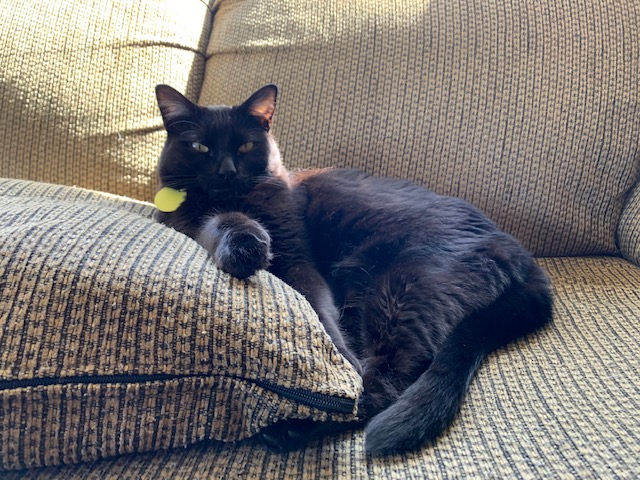By Raisa Canete Blazquez

Hi everyone! My name is Raisa, and I am a LEEP PhD candidate and ED 219 instructor. I am originally from Barcelona, Spain, where I got my Bachelor’s degree in Translation. A study abroad brought me to Oregon in 2011, and I decided to come back for Graduate School three years later. As an outdoor enthusiast, I feel fortunate to live in a place with such amazing nature and a variety of sceneries to enjoy. From going out on a quick run in my neighborhood, to hiking, camping, snowboarding, surfing, etc., I take very opportunity to go out and enjoy the many beauties of this state.
I came to OSU for my MAIS, but those two years were not nearly enough to study the intersection of Education, Social Justice, and Language. Fortunately, the College of Education launched their LEEP (Language, Equity, and Education Policy) PhD program, and it was the perfect opportunity to continue to explore those areas. My own background and my experience teaching lower-division Spanish courses at OSU inspired me to research the diversity that different linguistic and cultural backgrounds bring into first-year Spanish classes. As an instructor, I strive for equity in the classroom, and as a future scholar I believe in the power of research to help bring equitable approaches to education.
This last year, I taught Multicultural Education (ED 219) for the College, and got involved in research projects to understand how undergraduate students learn about multiculturalism in education and appropriately redesign ED 219. The new curriculum, which will be launched in the fall, recognizes and addresses the emotional components of studying Multiculturalism and Social Justice in Education. We have been incorporating bits and pieces of the new design in the last two terms, and got very positive feedback from our students so far! In addition, acknowledging the importance of understanding the concepts covered in ED 219 beyond Education, we prepared a proposal for a DPD (Difference, Power, and Discrimination) course. Courses under this category address intersections of gender, race, class, sexual identity, age, ability, and other institutionalized systems of inequity and privilege in the United States. During these times, the importance of educating our college students about these matters are as relevant as ever, and we hope that with ED 219 as a new addition to the DPD Baccalaureate Core Category we will attract students from different areas. Preparing our students with an understanding of the historical and current events related to multiculturalism in education is beneficial not only to our students, but to our society. Many of our students will become educators in different areas and institutions, and we rely on them to continue to educate future generations.
In ED 219, we want to give our students the tools to recognize equitable approaches to fight systematic oppression, power and injustice, and to empower them to actively make change. For me, this is both a personal and a professional goal, and I am thankful for the amazing people I have the opportunity to work with. As I said before, we recognize the emotional work we require from our students in this class, something we can absolutely relate to, as we engage in hard, emotional work ourselves both in teaching and researching topics of multiculturalism and social justice. Having the support from my team helped me carry out the work needed to successfully move ED 219 to become a DPD course. For that, I want to acknowledge the people I refer to when I say “we.” I wouldn’t have been able to do this without their inspiration and support. Thank you Kathryn, Marcos, Faran, Freddy, and Jane.











